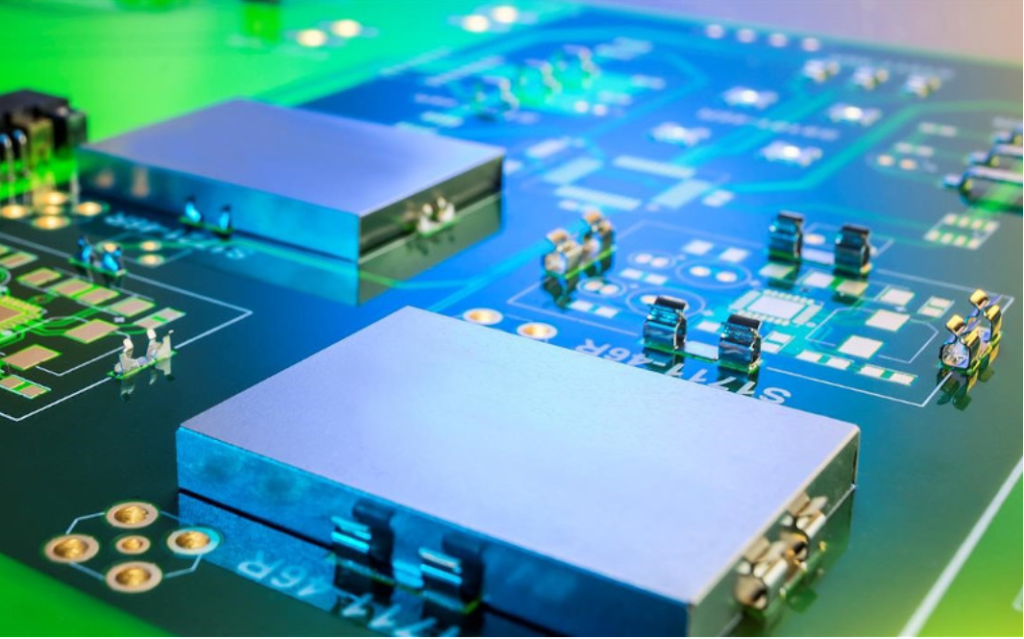Printed Circuit Boards (PCBs) are the backbone of most modern electronics, from smartphones to automotive systems. The choice of a PCB manufacturer can significantly influence the quality, cost, and reliability of your end product. With numerous PCB manufacturers available globally, it’s essential to understand the critical factors to consider when selecting the best one for your specific needs. This article will outline the essential aspects you should evaluate to ensure you choose the most suitable PCB manufacturer for your project.
Quality of the PCB Manufacturing Process
One of the foremost factors to consider when choosing a PCB manufacturer is the quality of their products. The quality of the PCB can affect the overall performance and longevity of your electronic devices. To assess quality:
- Certifications: Look for ISO certifications, such as ISO 9001 for quality management and ISO 14001 for environmental management. These certifications ensure that the manufacturer adheres to international standards.
- IPC Standards: Check if the manufacturer follows IPC (Association Connecting Electronics Industries) standards, which ensure that the PCBs meet certain quality and performance specifications.
- Inspection Processes: Confirm the inspection and testing procedures, including Automated Optical Inspection (AOI), X-ray testing, and Electrical Testing. These processes are vital to detect manufacturing defects, such as solder bridges and open circuits.
Technological Capabilities
The technological capabilities of the manufacturer are crucial, especially if you have specific requirements such as multi-layered boards, high-frequency designs, or flexible PCBs. Key points to consider include:
- Layer Count: The manufacturer should be capable of producing PCBs with the number of layers your design requires. Multi-layer PCBs, commonly used in complex applications, require specialized fabrication capabilities.
- Board Materials: Different projects might require various PCB materials, such as FR4, Rogers, or Polyimide. Ensure the manufacturer can handle the materials that suit your design.
- High-Density Interconnect (HDI): If you require advanced designs, such as HDI PCBs, ensure the manufacturer has experience in this area. HDI PCBs require precision in aspects like via-in-pad technology and laser-drilled micro vias.
- Lead-Free Compliance: For environmentally conscious projects, make sure the manufacturer complies with RoHS (Restriction of Hazardous Substances) directives, which ensure that the PCB contains no harmful materials like lead.
Customization and Flexibility
Depending on your project’s complexity, you may need a manufacturer who offers a high degree of customization. Custom PCBs often need specialized services, such as custom board shapes, finishes, or specific hole sizes. The manufacturer should be able to accommodate:
- Custom PCB Designs: The ability to manufacture boards based on unique specifications.
- Material Flexibility: The ability to work with different substrate materials, depending on your design needs.
- Turnkey Services: Some manufacturers offer additional services like PCB assembly (PCBA) and component sourcing. This can be extremely beneficial for projects looking to streamline the production process.
Flexibility in order volumes is another consideration. Some manufacturers specialize in high-volume production, while others cater to prototyping and small-scale runs. Choose a manufacturer whose production volume aligns with your needs.
Cost and Pricing Transparency
Pricing is a significant factor, especially when managing a tight budget. However, it’s important to look beyond the base price and evaluate the cost-to-quality ratio. Factors that influence cost include:
- Materials Used: Higher-grade materials such as Rogers laminate or ceramic substrates often cost more than standard FR4.
- Complexity: Complex designs with multiple layers, fine traces, or specific finishes (like gold plating) will increase the overall cost.
- Additional Services: If you require extra services such as testing, assembly, or component procurement, these will add to the cost.
It’s essential to work with a manufacturer that offers transparent pricing. Hidden fees such as tooling charges, setup fees, or additional costs for expedited services can inflate the overall cost, so ensure that the manufacturer provides clear cost breakdowns.
Lead Times and Delivery Reliability
Timely delivery of your PCBs is critical to ensuring that your production schedules stay on track. Consider these aspects of lead times:
- Standard Lead Times: Determine the standard turnaround time for different types of PCBs, including simple single-layer designs and more complex multi-layer boards.
- Expedited Services: If you’re working under tight deadlines, check if the manufacturer offers expedited production services and the costs associated with them.
- Shipping: Ensure the manufacturer has reliable logistics to deliver the boards to your location on time. A manufacturer with a proven track record of on-time delivery will help avoid production delays.
Customer Support and Communication
Effective communication between you and the PCB manufacturer is essential for successful project execution. Evaluate the manufacturer’s customer support by:
- Technical Support: Check if they offer pre-sales and after-sales technical support to help resolve design or production-related questions.
- Prototyping Assistance: Many reputable manufacturers offer services like Design for Manufacturability (DFM) analysis, which helps identify potential issues before production.
- Responsiveness: Ensure the manufacturer has a responsive customer service team. Delays in communication can result in project setbacks.
Reputation and Industry Experience
A manufacturer’s reputation and experience in the industry are also essential factors. Long-established manufacturers with a proven track record tend to offer more reliable services. You can assess a company’s reputation by:
- Customer Reviews: Look for testimonials or case studies that show the manufacturer’s performance on similar projects.
- Industry Experience: A manufacturer with experience in specific sectors like automotive, aerospace, or consumer electronics is more likely to meet your unique project requirements.
- Partnerships and Clients: High-profile partnerships and clients often indicate that the manufacturer is capable of delivering high-quality results.
Geographical Location
The PCB manufacturer’s geographical location can influence cost and delivery time. Local manufacturers can offer shorter lead times and reduced shipping costs, whereas overseas manufacturers, especially in countries like China, may provide more competitive pricing for large orders. When considering location, weigh the pros and cons of cost vs. delivery speed.
Choosing the best PCB manufacturer requires a comprehensive evaluation of various factors, including quality, technological capabilities, customization options, cost, lead times, customer support, reputation, and geographical location. By thoroughly assessing these aspects, you can ensure that the manufacturer you select aligns with your specific project needs, helping you deliver high-quality, reliable products to market.



